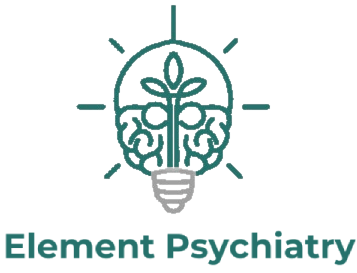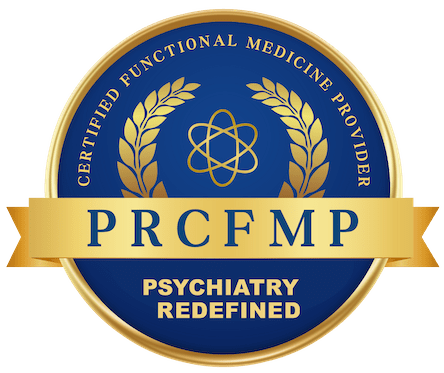Medication
Management
Integrative psychiatry doesn’t mean anti-medication; it works hand in hand with lifestyle modifications and nutrition, as well as helping with the reduction of your child’s need for medication by using a holistic approach to give you extra support. If needed, a medication regimen is used to relieve severe symptoms without causing unnecessary side effects.
Psychotherapy
Psychotherapy begins on day 1 of meeting your child. It starts with listening to their and your story, and throughout the process of healing, Dr. Shah provides your child with concrete tools to help them free themselves from negative patterns. Dr. Shah focuses on several methods, which entail an integrative psychotherapy approach. It is a mix of therapies, including cognitive behavioral therapy (CBT), interpersonal therapy, psychodynamic psychotherapy, and spiritual psychotherapy, which includes motivation and Buddhist psychology. The guide to your child’s wellness has elements of sleep, exercise, and nutrition and helps change habits if caught up with substance use. Dr. Shah can help take tiny steps moving forward to improvement and big positive change.
Eastern
Medicine
Herbal and plant-based approaches toward wellness have been practiced for thousands of years. Prescription medication is not the only way to impact brain pathways to help regulate symptoms. Nutritional supplementation with the right formulation and appropriate dosage can make a difference. Also, Dr. Shah’s goal is to guide you and your child to not have any adverse reactions at the dose if your child is also taking any prescribed medications.
Advanced Nutritional Testing
Advanced nutritional testing has gained more popularity in the past few years, as studies show a “normal” level of labs doesn’t mean an “optimal level” and functional needs are met. The latest testing labs can examine your nutrient levels, organic acid levels, essential and metabolic fatty acid levels, amino acid levels, levels of oxidative stress, and toxins, which will allow us to optimize and dig deeper into the root cause of problems. There is a mind-body connection, mainly with our gastrointestinal system. Advanced gastrointestinal stool testing can be used to assess maldigestion, inflammation, dysbiosis, metabolite imbalances, and infections. More importantly, it further relates to food sensitivities and allergies, which are heavily related to a person’s mood. If needed, food allergies and sensitivity testing could be provided to optimize your child’s health.
The blood work ordered is typically covered by insurance, and for the ones not covered (specialty testing) by insurance, we will discuss further to determine whether or not to do the test.
Pharmacogenetic
Testing
Research is also growing on the genomic side of psychiatry and behavioral health. This helps evaluate the sensitivity of psychopharmacological treatment as well as the need for changes in the current regimen. We can discuss this together if you are interested in helping predict responses to specific medications and optimize your child’s medication regimen. Additional information can be found here: Genomind | Tempus.

